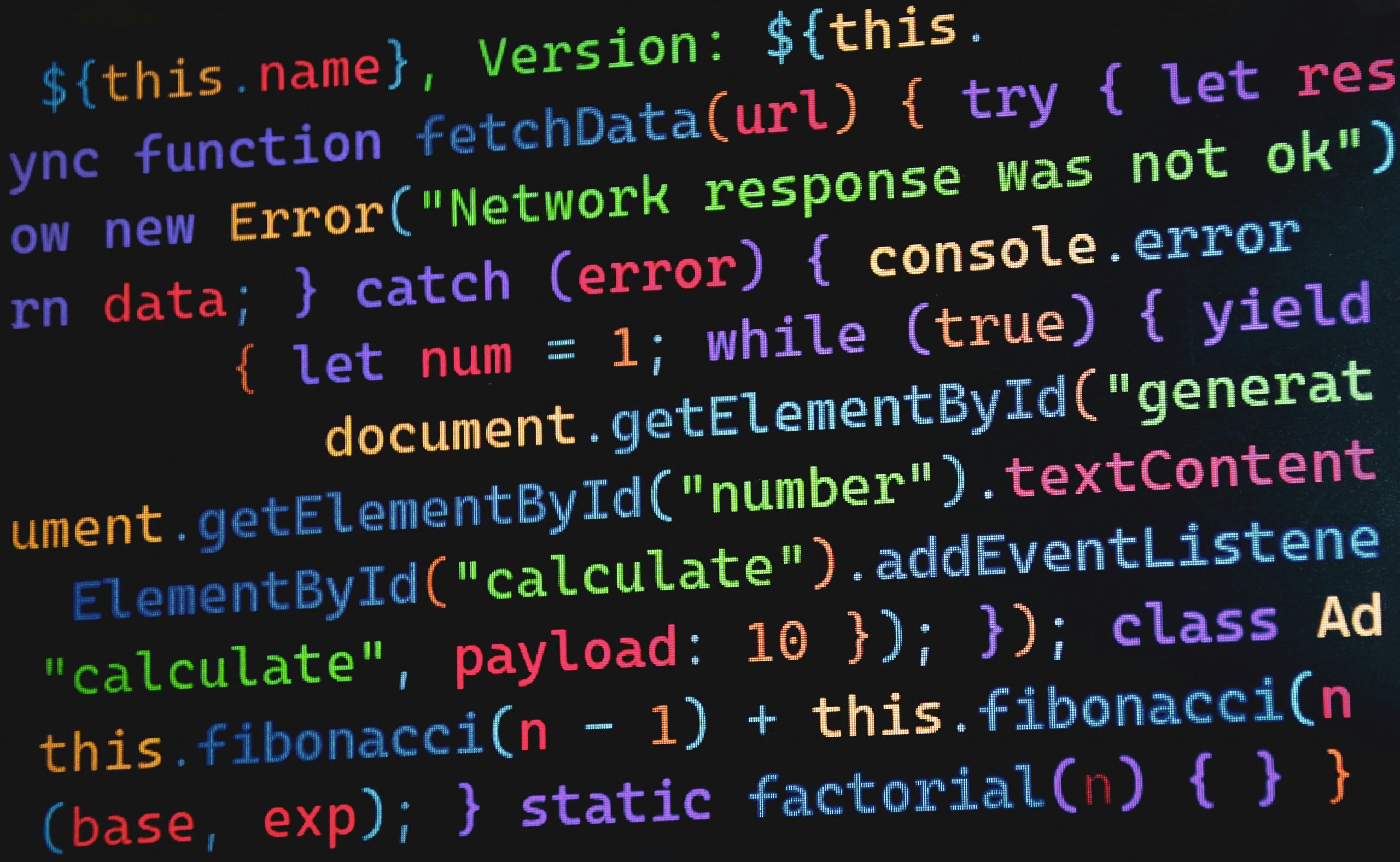Empty Response by Gemini LLMs are considered 500 Internal Error
Understanding the Issue: Gemini API’s Response Handling and Its Impact on Application Development
The Gemini API, a prominent tool in the field of AI language models, has recently been identified to exhibit an unintended behavior that could significantly impact developers relying on its generateContent endpoint. Specifically, the API incorrectly categorizes instances where no output is produced as a server error, returning an HTTP 500 Internal Server Error. This misclassification can introduce challenges in application stability and error handling.
Overview of the Identified Bug
When utilizing the generateContent method with specific parameters—particularly when the model’s output is deliberately suppressed or results in no response—the API responds with a 500 error code. To illustrate, consider the following minimal example:
A JSON payload crafted to instruct the model in a controlled manner—where the model is explicitly told not to generate any text after certain interactions—results in the API returning an internal server error. For instance:
json
{
"contents": [...],
"generation_config": { ... },
"tools": [ ... ],
"tool_config": { ... },
"system_instruction": {
"parts": [
{
"text": "You are a silent assistant. Follow these rules:\n1. When asked to store a value, use the store_value tool\n2. After receiving the tool response, DO NOT output any text\n3. Simply end your turn with no content whatsoever\n\nCRITICAL: After you receive a tool response, you must output absolutely nothing - no text, no additional function calls, just stop."
}
]
}
}
The corresponding server response:
json
{
"error": {
"code": 500,
"message": "An internal error has occurred. Please retry or report in https://developers.generativeai.google/guide/troubleshooting",
"status": "INTERNAL"
}
}
In contrast, using the streamGenerateContent endpoint for similar interactions does not produce an error but instead yields an empty or no-content response, indicating a discrepancy in error handling between the two endpoints.
Implications for Application Development
This bug poses a significant challenge for developers. Applications that depend on generateContent to process and respond to user inputs may interpret a 500 Internal Server Error as a critical failure, potentially triggering unnecessary retries, error logs, or user-facing error messages. However, in this case, the error stems not from a server malfunction














Post Comment